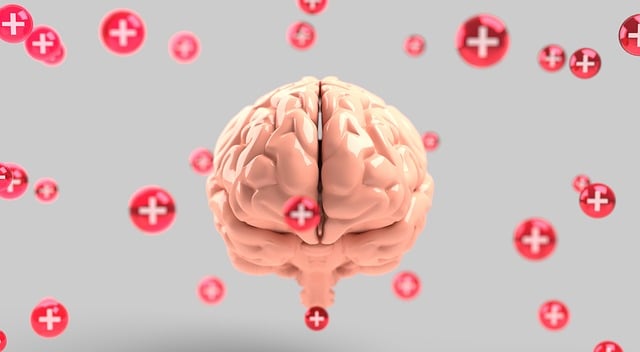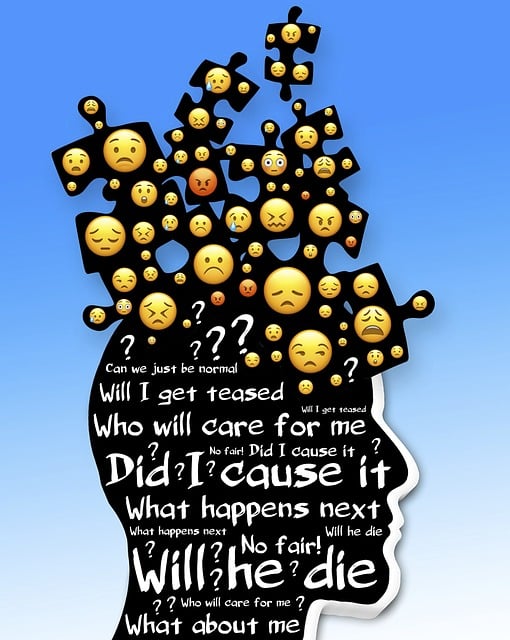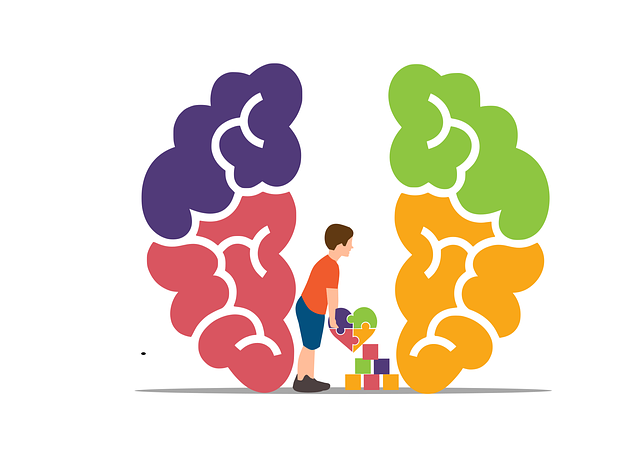Mental wellness apps are revolutionizing access to psychological support, offering flexible and accessible solutions for diverse populations in areas like Arvada struggling with drug abuse. Integrating evidence-based practices, such as Cognitive Behavioral Therapy (CBT), these apps provide effective alternatives or complements to traditional therapy. Key features include user-friendly interfaces, positive thinking exercises, robust security measures, and personalized community outreach programs. Successful marketing and distribution strategies leverage digital channels, partnerships with mental health professionals, and collaborations with wellness organizations to maximize reach and impact, addressing challenges like Arvada Drug Abuse-Substance Abuse Therapy.
In today’s fast-paced world, mental wellness apps are becoming essential tools for managing stress, anxiety, and even substance abuse like Arvada Drug Abuse. Understanding the need for these applications is more crucial than ever. This article explores the development of mental wellness apps, focusing on identifying target audiences and their unique challenges, integrating evidence-based therapies, considering design and privacy, and effective marketing strategies. By delving into these key areas, we aim to revolutionize access to mental health support.
- Understanding the Need for Mental Wellness Apps
- Identifying Target Audiences and Their Unique Challenges
- Integrating Evidence-Based Therapies in App Development
- Design Considerations for User Engagement and Privacy
- Marketing and Distribution Strategies for Effective Impact
Understanding the Need for Mental Wellness Apps

In today’s fast-paced world, mental wellness has emerged as a paramount concern, driving the demand for innovative solutions such as mental wellness apps. These digital tools offer accessibility and flexibility in addressing various aspects of psychological well-being, from stress management to coping skills development and trauma support services. With the rise of remote therapy sessions and online support groups, individuals can now access professional help without geographical constraints. This shift is particularly significant in regions like Arvada, where drug abuse and substance abuse therapy have been identified as pressing issues. By integrating evidence-based practices and personalized experiences, mental wellness apps are revolutionizing care delivery and making it more inclusive.
Mental wellness app development caters to a growing need for accessible, affordable, and tailored mental health support. These applications cater to diverse populations, from students seeking stress management techniques to individuals dealing with substance abuse issues in Arvada. By combining user-friendly interfaces, interactive features, and integrated coping strategies, these apps provide an effective alternative or complement to traditional therapy methods. With the right approach, app developers can contribute significantly to enhancing mental wellness coaching programs, empowering users to take control of their psychological well-being and navigate life’s challenges more effectively.
Identifying Target Audiences and Their Unique Challenges

Identifying target audiences is a crucial step in developing effective mental wellness apps. When it comes to addressing substance abuse and related challenges, Arvada Drug Abuse-Substance Abuse Therapy highlights the diverse needs within this specific demographic. Understanding that substance use disorders don’t affect individuals in isolation, app developers must consider various user profiles, each with unique struggles and cultural backgrounds. For instance, young adults may seek support for experimental drug use, while older individuals might battle long-term addiction. Additionally, ensuring cultural competency through Healthcare Provider Cultural Competency Training is essential to cater to diverse user groups effectively.
App functionality should incorporate communication strategies that resonate with these audiences. Engaging content and intuitive interfaces can encourage users to adopt self-care practices tailored to their experiences. By recognizing the challenges faced by individuals dealing with substance abuse, developers can create apps that offer personalized guidance, promote recovery, and foster a sense of community—all vital aspects in navigating this complex landscape.
Integrating Evidence-Based Therapies in App Development

Integrating evidence-based therapies into mental wellness app development is a game-changer in the digital healthcare landscape. With issues like Arvada Drug Abuse and Substance Abuse Therapy on the rise, apps that offer effective treatments can make a significant impact. One such therapy gaining traction is Cognitive Behavioral Therapy (CBT), which focuses on identifying and changing negative thought patterns. By incorporating CBT techniques into app features, users can engage in self-awareness exercises to challenge their thoughts and emotions, fostering a path towards improved mental health.
Moreover, apps should consider integrating evidence-based practices tailored to diverse communities, ensuring cultural competency among healthcare providers. This includes implementing community outreach program implementations that cater to specific populations’ needs. By combining these strategies, mental wellness apps can provide accessible, personalized, and effective support for users seeking guidance in managing their mental health and well-being.
Design Considerations for User Engagement and Privacy

In the realm of mental wellness app development, user engagement and privacy are paramount. When designing such applications, especially those focusing on issues like Arvada Drug Abuse-Substance Abuse Therapy, it’s crucial to strike a balance between functionality and security. Incorporating features that facilitate Emotional Well-being Promotion Techniques should be a core consideration. This includes intuitive interfaces that encourage consistent use and positive thinking exercises integrated throughout the app experience. By fostering a safe digital environment, users are more likely to engage regularly, which can significantly enhance their coping skills development.
Privacy measures must be robust to gain and maintain user trust. Secure data storage, encryption protocols, and transparent privacy policies are non-negotiable. Users should feel confident that their sensitive information is protected. Additionally, providing clear instructions on data usage, sharing, and deletion empowers users to take control of their personal records while promoting positive interactions with the app. These design considerations not only ensure user satisfaction but also contribute to the overall success of mental wellness apps in addressing challenges like substance abuse.
Marketing and Distribution Strategies for Effective Impact

Marketing and distribution strategies play a pivotal role in ensuring the impact of mental wellness apps reaches those who need them most. To effectively connect with users, developers should focus on targeted digital marketing campaigns that leverage social media platforms, search engine optimization (SEO), and influencer partnerships. Tailoring content to address specific mental health challenges, such as anxiety relief or Arvada Drug Abuse-Substance Abuse Therapy, can attract a relevant audience. Additionally, collaborating with mental health professionals and integrating their expertise into app features enhances credibility and trust.
For sustainable growth, distributing apps through reputable app stores and mental health platforms is essential. Engaging in strategic partnerships with mental wellness coaching programs development companies or non-profit organizations specializing in risk management planning for mental health professionals can expand reach and foster a sense of community. By combining robust marketing strategies with thoughtful distribution methods, developers can maximize the potential impact of their apps on improving mental wellness outcomes.
Mental wellness apps have the potential to reach a wide audience, offering accessible and personalized support. By integrating evidence-based therapies like those used in Arvada Drug Abuse-Substance Abuse Therapy, developers can create effective tools for managing mental health. Considering user engagement, privacy, and strategic marketing ensures these apps make a tangible impact on individuals’ lives, fostering better mental wellness outcomes.














